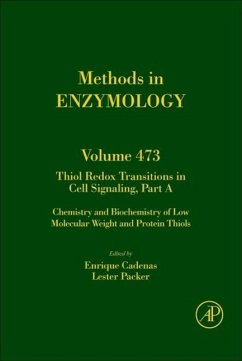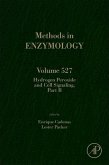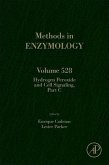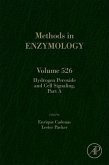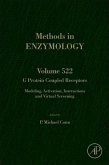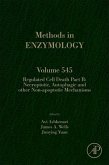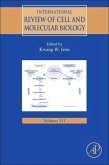Thiol Redox Transitions in Cell Signaling, Part A, along with its companion (volume 475), presents methods and protocols dealing with thiol oxidation-reduction reactions and their implications as they relate to cell signaling. This first installment of Cadenas and Packer's two-volume treatment specifically deals with glutathionylation and dethiolation, and peroxide removal by peroxiredoxins/thioredoxins and glutathione peroxidases.
The critically acclaimed laboratory standard for 40 years, Methods in Enzymology is one of the most highly respected publications in the field of biochemistry. Since 1955, each volume has been eagerly awaited, frequently consulted, and praised by researchers and reviewers alike. Over 450 volumes have been published to date, and much of the material is relevant even today--truly an essential publication for researchers in all fields of life sciences.
The critically acclaimed laboratory standard for 40 years, Methods in Enzymology is one of the most highly respected publications in the field of biochemistry. Since 1955, each volume has been eagerly awaited, frequently consulted, and praised by researchers and reviewers alike. Over 450 volumes have been published to date, and much of the material is relevant even today--truly an essential publication for researchers in all fields of life sciences.
